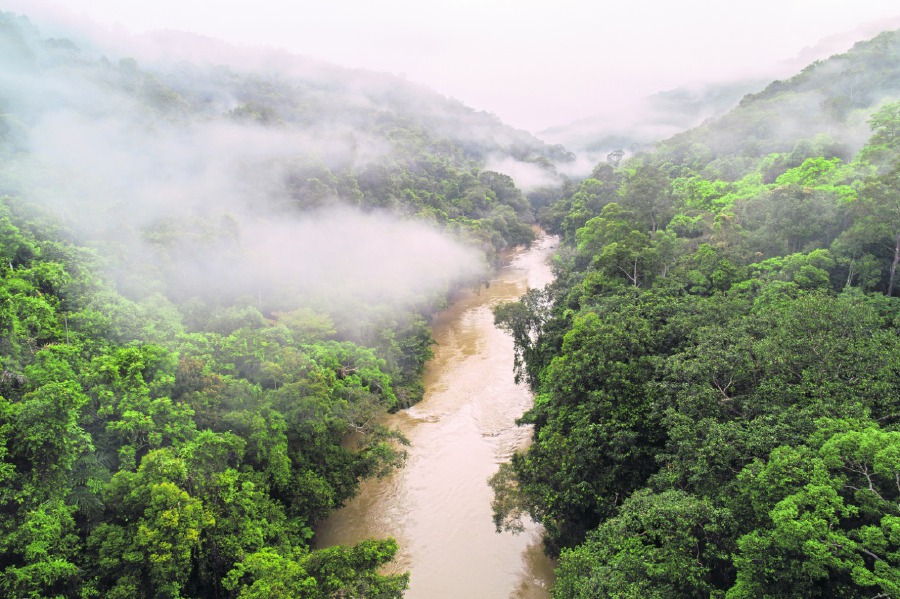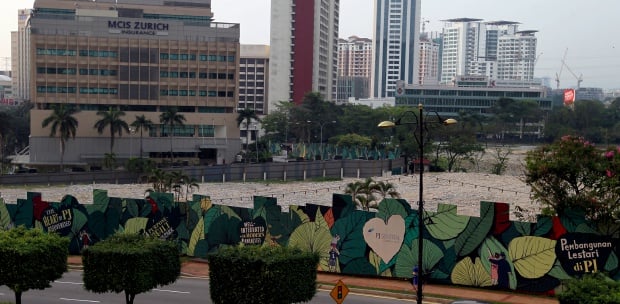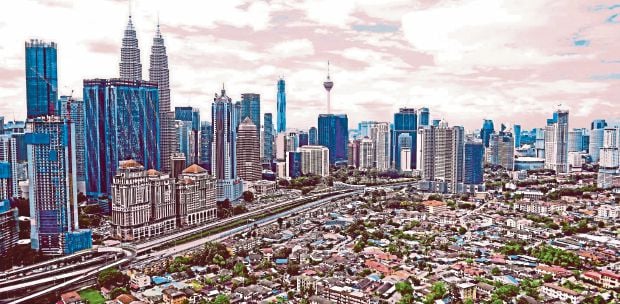LETTERS: Nurturing our natural resources creates the opportunity for Malaysia to be a regional economic champion.
Looking at the global shift to greener practices, as well as our rich natural advantages, we are well positioned to succeed in the green economy.
The 2024 Budget supports the green economy by providing RM1 billion in biodiversity sukuk to replant degraded forests.
There are also tax exemptions for social enterprises to implement carbon projects to enhance our forest as a carbon sink towards combating climate change.
The allocation of funds towards this initiative is a good move as it has the potential to effectively accelerate and spur forest restoration efforts.
However, some of the reskilling allocations should be channelled to build a workforce that can support our green economy transition. Additionally, the government's RM11.8 billion support for 33 flood mitigation projects is a proactive step to prevent disasters.
However, to fully address the root causes of the problem, we need to value nature in economic and social terms, and prioritise nature-based solutions that harness the power of nature to address major societal issues, including climate change.
While the RM200 million Ecological Fiscal Transfer (EFT) to nurture natural resources, ensuring our forests function as they should, may seem like a big amount, it is only 1.69 per cent of the RM11.8 billion allocation to flood mitigation projects.
This suggests that giving more weight to protecting our natural resources is more cost-effective compared with mitigating the impact of floods due to our degraded forests. While WWF-Malaysia applauds the government's RM563 million slope rehabilitation budget, it is worth noting that part, if not all, of this expenditure might have been avoided if environmental regulations and guidelines had been adhered to.
Stricter regulations and proper land use planning should be adopted to avoid forest conversion and overdevelopment in environmentally sensitive areas. The "no-go" decision on Aug 9 to develop a new Tioman airport was a victory for nature, which is an important area for biodiversity.
Nevertheless, the recent budget allocated RM47 million to improve passenger facilities at Tioman Airport and extend the runway to 1,300 metres.
Allocation was also given to an infrastructure project that includes a proposed port on Pulau Carey, known to be the home of the Mah Meri people and have important mangrove habitats.
We urge the government to carefully assess all infrastructure development projects, including their carrying capacity and environmental, social, and climate impacts, and to follow proper decision-making procedures when allocating funds.
As the prime minister has said, "Malaysia is one of the 17 megadiverse countries in the world, making it a biodiversity superpower".
As such, Malaysia has the potential to be a regional economic champion by leveraging and enhancing its natural advantages and developing a sustainable economy with our green assets.
The 2024 Budget is a positive step forward, but it is only the beginning.
WWF-MALAYSIA
Petaling Jaya, Selangor
The views expressed in this article are the author's own and do not necessarily reflect those of the New Straits Times





